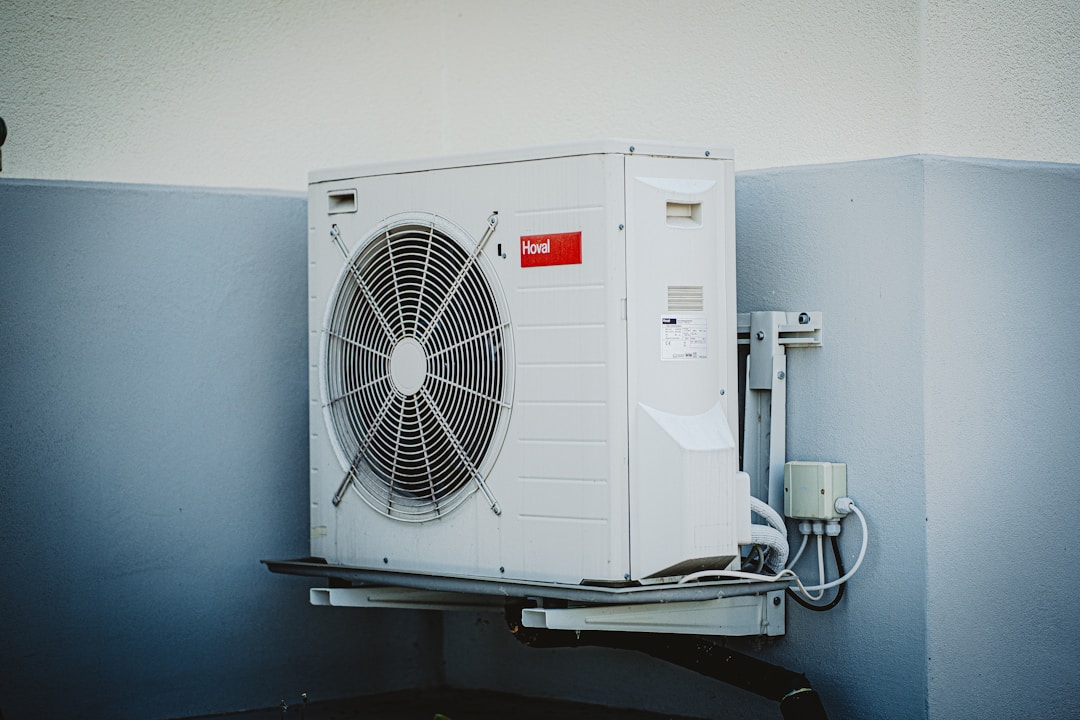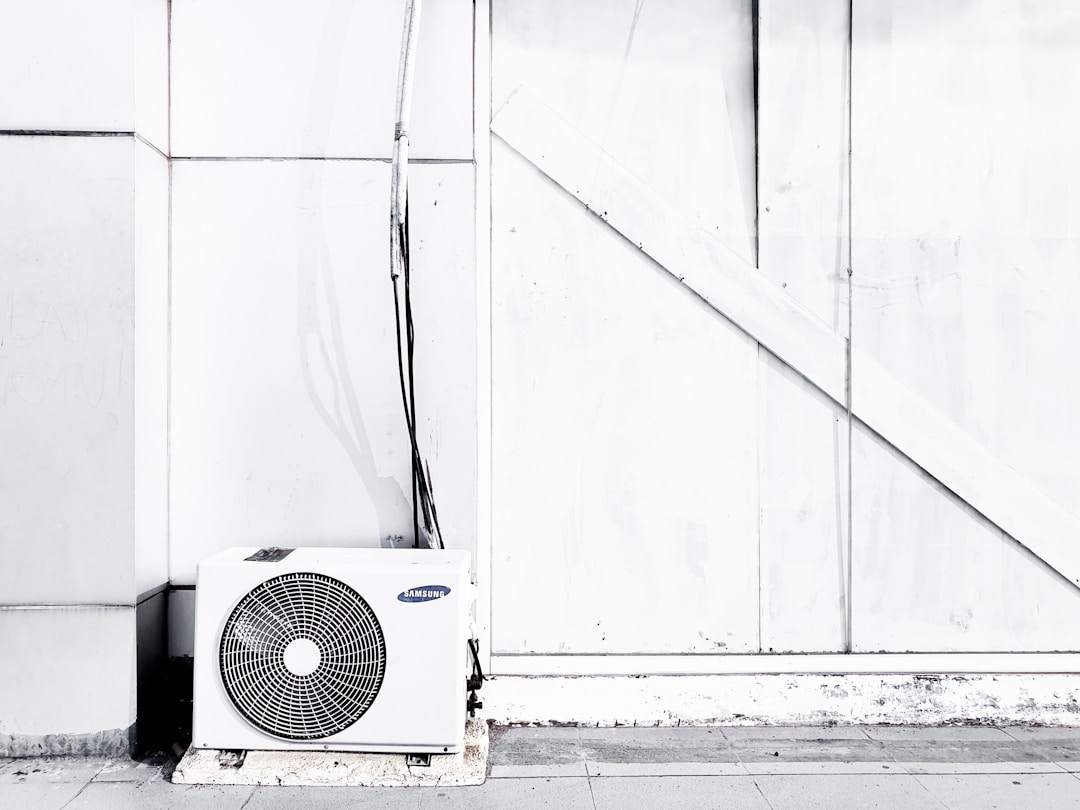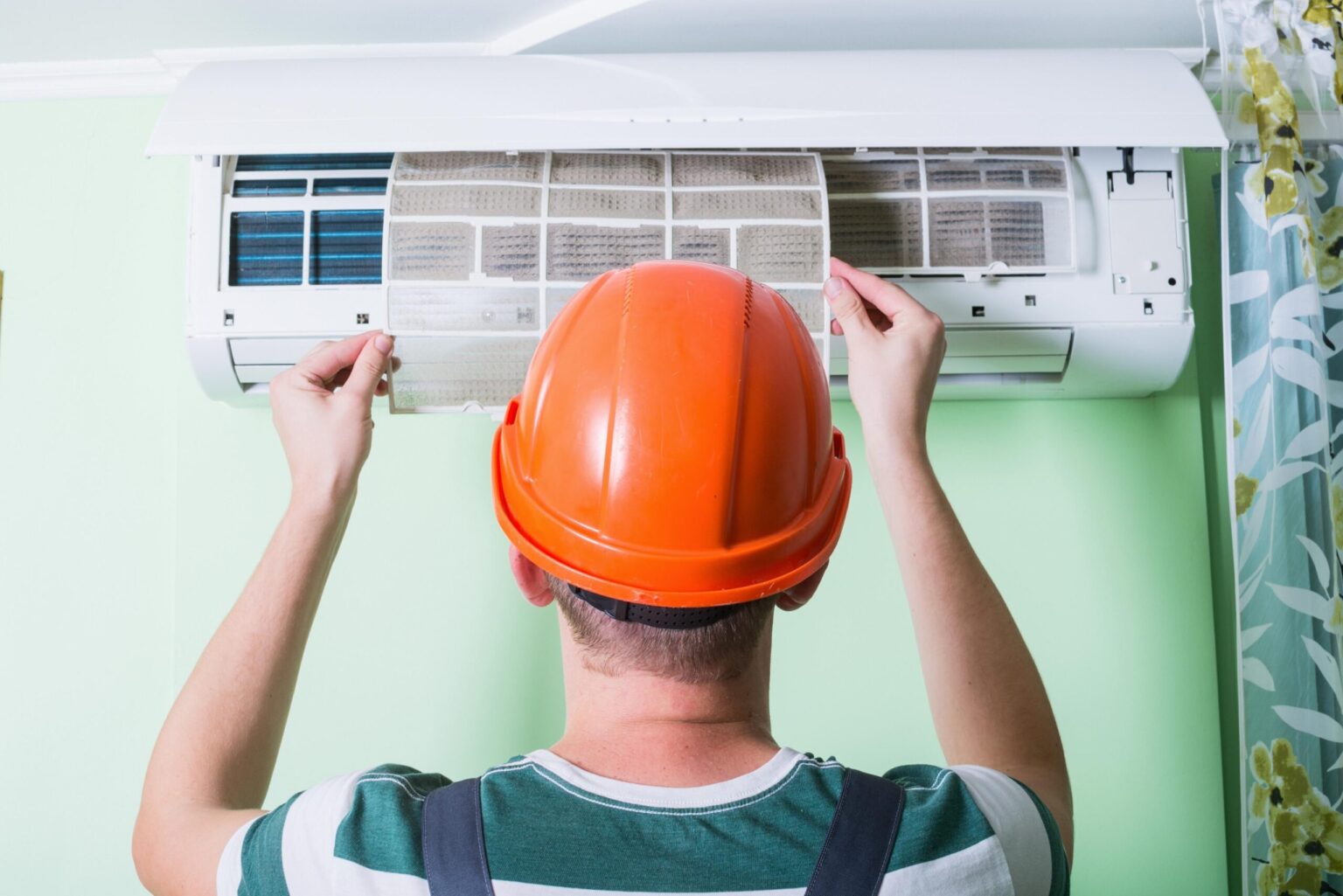With the temperatures soaring during the hotter months, an efficient air conditioning unit can be a godsend. It keeps you and your family comfortable, ensuring a peaceful night’s sleep and a relaxed atmosphere during the day. But like all electronic devices, air conditioners can show signs of wear and tear. Some issues you might be able to troubleshoot yourself. But sometimes it’s best to call professionals, like technicians who can offer an AC repair in Greensboro, NC, if you live in the area. In this article, we delve into the tell-tale signs that suggest your AC unit needs a repair service. Keep reading to learn more!
Unusual Noises from the Unit
A well-functioning air conditioner should operate almost silently, with just a gentle hum indicating it’s working. If you start to notice unusual sounds like clanging, banging, whistling, or even screeching, it’s a clear indication that something is amiss. These noises can stem from a variety of problems, from a loose belt to a malfunctioning motor. Ignoring these sounds can lead to more severe, and expensive, damages down the line.
Inconsistent or Insufficient Cooling
When you set your AC to a particular temperature, you expect your home to reach and maintain that comfort level. However, if you find certain rooms are colder than others, or the AC isn’t cooling the space efficiently regardless of the temperature setting, it’s a sign that the unit might be struggling. This inconsistency could be due to problems with the compressor, a leak in the refrigerant, or issues with the thermostat.
Unpleasant Odors

If you detect a musty, burnt, or pungent smell when your AC is running, it’s a clear signal that you need to get it checked. A musty odor often indicates mold or mildew buildup, which can pose health risks to the occupants of the home. On the other hand, a burnt or electrical smell can mean that the wiring or the insulation has been compromised.
Water Leaks or Excessive Moisture
While some condensation around the AC unit is normal, especially during humid months, noticeable pooling or leakage is not. Water leaks can indicate a problem with the condensate drain or the refrigerant. Not only can this impair the efficiency of the AC, but it can also lead to water damage in your home or promote mold growth.
Spikes in Energy Bills
If you notice a sudden increase in your energy bills without a corresponding spike in usage, it’s a clear indication that the AC is not working as efficiently as it should. This inefficiency often results from a malfunctioning component or a system that’s straining to maintain the desired temperature. An AC repair service can identify the root cause and fix the issue, ensuring that the unit operates at peak efficiency.
Short Cycling or Continuous Operation
Short cycling refers to the AC unit turning on and off frequently, without completing a full cooling cycle. This can be due to a variety of reasons, from an oversized AC for the space to a malfunctioning thermostat. Conversely, if the AC runs continuously without achieving the desired temperature, it indicates a performance issue. Both scenarios strain the system, leading to increased wear and tear and reduced lifespan.
The Age of Your AC Unit
Even with regular maintenance and care, an AC unit has a finite lifespan, typically ranging between 10 to 15 years. If your air conditioner is nearing or has surpassed this age bracket and is showing signs of reduced performance, frequent breakdowns, or inefficiency, it might be time not just for a repair but possibly a replacement.
Safety Concerns with a Malfunctioning AC
The importance of an air conditioner extends beyond mere comfort. A unit that’s not functioning correctly can pose safety risks to the household. For instance, a faulty wiring system or electrical issues can increase the risk of fires. Additionally, a malfunctioning AC can cause refrigerant leaks. Some refrigerants can be harmful when inhaled, posing health threats to the occupants of the house. It’s crucial to get your AC checked regularly to mitigate these risks and ensure that it is operating safely.
Impacts on Indoor Air Quality
A well-functioning air conditioner not only cools the space but also improves indoor air quality by filtering out pollutants, dust, and allergens. When the AC is compromised, its ability to filter the air efficiently reduces, leading to a buildup of pollutants inside the home. This can exacerbate allergies, respiratory issues, and other health concerns. It’s particularly critical for households with children, elderly members, or individuals with pre-existing health conditions to ensure the AC is in top condition to maintain good air quality.
Strain on Other Home Systems
A malfunctioning AC can inadvertently put a strain on other systems in your home. For example, an inefficient air conditioner can cause indoor temperatures to rise, making the refrigerator and freezer work harder to keep food cold, thereby increasing their energy consumption. Similarly, if humidity is not regulated correctly because the AC is malfunctioning, it might result in dampness that can damage wooden furniture, art, and even the structural integrity of the house.
Understanding the Role of Refrigerants

Refrigerants play a crucial role in the cooling process. They absorb the heat from inside your home and release it outside. However, a leak or an inadequately charged refrigerant can hamper the efficiency of the AC. It’s essential to understand that refrigerants need to be handled by professionals. If you suspect a leak or believe the refrigerant is the issue, it’s best to call in experts. In some cases, older AC units might use refrigerants that are now considered environmentally harmful. In such scenarios, apart from fixing the immediate issue, it might be worth considering an upgrade to a more eco-friendly system.
Incorporating Smart Technology for Diagnostics
Modern air conditioners come equipped with smart technologies that can preemptively warn homeowners about potential issues. These systems can monitor the performance and efficiency and even detect abnormalities in the unit. Investing in such systems or upgrading your current system to incorporate smart diagnostic tools can save you the hassle of dealing with unexpected breakdowns. It can also ensure that your unit operates at peak efficiency, leading to energy savings in the long run.
The Hidden Costs of Delaying Repairs
While the immediate cost of repair might seem like an expense you’re not ready for, delaying essential fixes can lead to more significant expenses in the future. For instance, a small refrigerant leak, if left unchecked, can damage the compressor, leading to a much costlier replacement. Similarly, an AC that’s straining because of a minor issue can consume more power, resulting in inflated energy bills. Over time, the cumulative cost of these ‘savings’ from delaying repairs can dwarf the initial repair expenses.
Conclusion: The Importance of Timely Repairs
Ignoring or postponing AC repairs can lead to bigger, more expensive issues down the line. The comfort of your home and the health of its occupants can also be compromised by a malfunctioning air conditioner. While some minor issues can be resolved with simple troubleshooting, it’s essential to recognize when professional intervention is necessary. By being vigilant and responding to these tell-tale signs, you can ensure that your air conditioner serves you efficiently for years to come.









